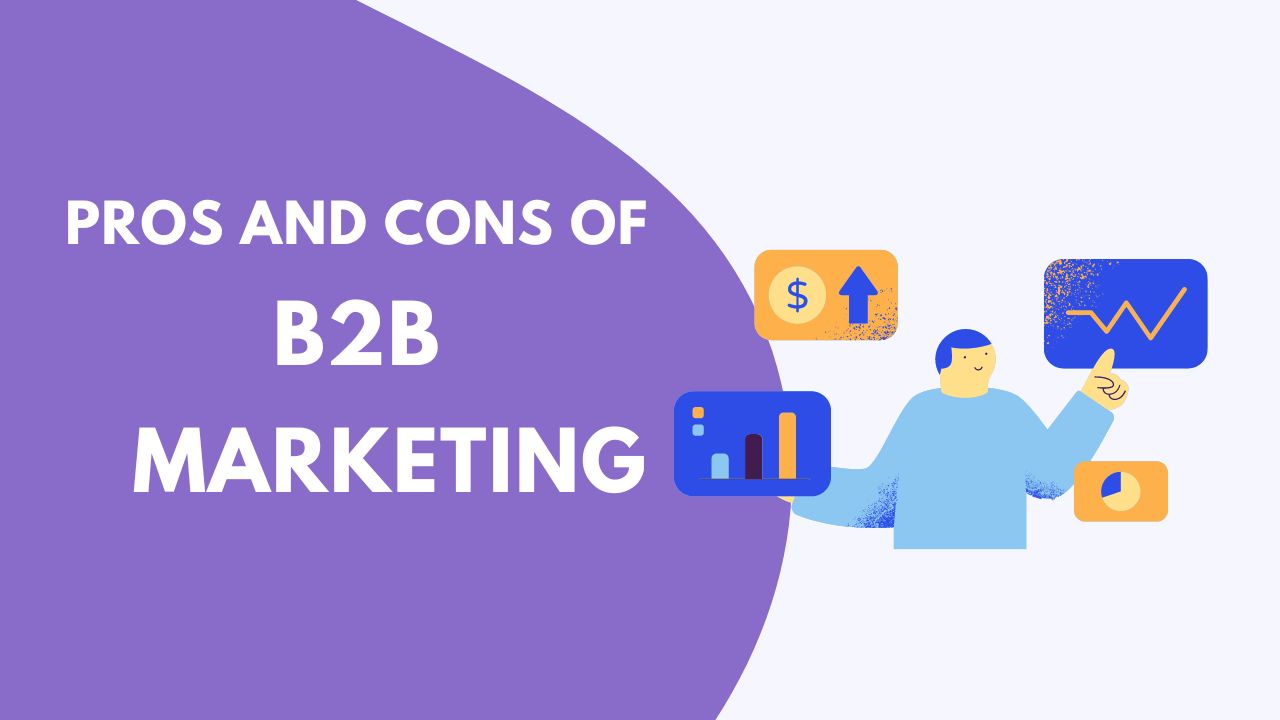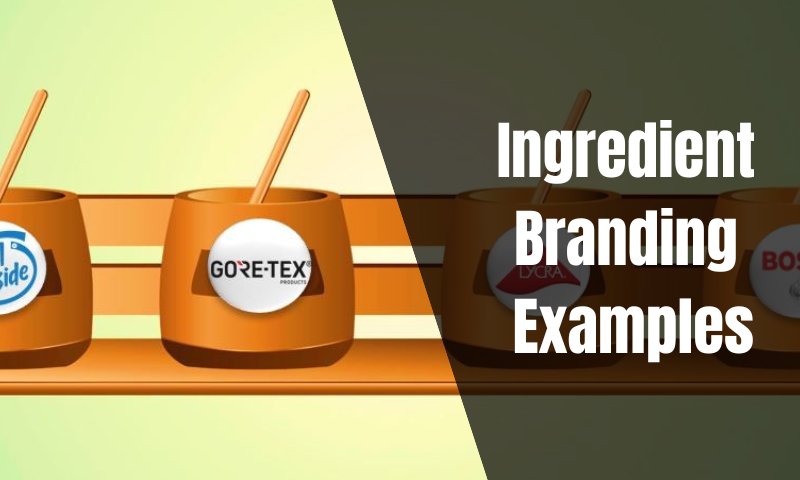
Pros and cons of B2B Marketing
Unlike business-to-consumer commerce where companies cater their products to typical individuals, business-to-business commerce involves companies selling just to other companies. In addition to selling finished goods that companies can resell or use for their operations, B2B enterprises will offer parts, materials and even services that businesses need.
B2B marketing or business to business marketing is a form of marketing whenever businesses market their products and services directly to other businesses. Such businesses could be a supplier advertising themselves to retailers. Therefore, businesses market themselves in order to sell their products and services to other businesses.
While discussing B2B business, one must know the process of B2B model. The process of B2B marketing is often described as the marketing funnel. In the marketing funnel, demand generation efforts lead to awareness. After awareness, lead generation results in an audience displaying interest and consideration. B2B marketers then shift from lead generation to lead nurturing, during which they share information to help shape the buying committee’s intent to purchase. The buying committee then spends time in a period of evaluation before deciding to purchase. Ideally, the process continues as the business grows their relationship with the buyer over time.
Pros of B2B Marketing
Keeping in mind the process of the model, marketers and top advertising agencies also must understand and weigh all kinds of pros and cons this marketing model brings to the table. Let’s first look at the brighter side of the coin, the advantages:
Increased exposure:
B2B marketing provides more exposure to a business online and helps to improve brand awareness. It also creates more trust among customers by providing a platform where they can interact with customer support. Also, how marketers interact and respond to customers on social media can help to sell the business brand to a great extent.
Attracts new customers:
When carrying out B2B marketing, marketers will find new customers who are not aware of the products the brand is offering. New customers will try the product and when they like it, they will stick to it and also tell their friends about it, thus attracting new potential customers.
Product improvement:
Through B2B marketing, a business is able to interact with its customers. Customers can raise concerns about a product if they don’t like it or suggest some ways a business can improve it. Through customer interaction with the business during B2B marketing, a business is able to improve its products.
Increases sales:
B2B marketing increases the number of customers for the business thereby boosting the sales number. Through it, marketers can tell the customers what the business sells. B2B marketing helps recommend products and services to customers depending on their needs and in the end, they buy the products.
Identify new opportunities:
B2B marketing helps a business identify new opportunities by solving customer problems or meeting their needs. When one interacts with customers through B2B marketing, marketers get to understand their challenges and see how solutions can be provided. This way, a business can find new opportunities and develop powerful products with better features that customers will be willing to buy.
Improves return on investment:
B2B marketing brings about deeper insights if there’s better reporting and useful data collected from customers. The data can be used to improve products and service, which may lead to better return on investment.
Cons of B2B Marketing
With these advantages, B2B marketing model surely gets a good number of brownie points. However, the flipside of the coin should also be kept in mind. Let’s look at some of the disadvantages that the model has:
Limited target market:
This can be considered as the main disadvantage of B2B marketing. When selling the product for companies, the target market is comparatively small as the number of companies which a company can market or sell its products is very limited compared to a target market with individual customers. A product that has the potential of having a large target market can only have a few customers when it comes to B2B marketing.
Bargaining power:
Since most of the purchases in B2B marketing happen as bulk transactions, the buyer has a certain level of bargaining power. In usual situations, the business has to give discounts on orders to keep the customers with them and to continue the business relationship. Unlike the end customers who purchase small quantities, businesses expect price flexibility as they have the power to create a big influence over the sales of the business.
Complex transaction processes:
Unlike selling for individual customers, the purchasing and selling decisions of B2B marketing involve a decision-making process. Sales cannot be done overnight and the decision to perform a sales transaction should be initiated, evaluated, and approved by the business organization. This process takes a certain time, effort, and company procedures should be followed.
It is expensive:
To market a business to other businesses is expensive since there is a need to invest in promotional material and distribution channels. Once it is set up, there is no guarantee that the audience will respond positively to the ad.
Challenging to get feedback:
Feedback always helps brands to stay relevant and desirable to consumers. When brands take feedbacks, they can make necessary changes to their strategy to make it a success eventually. However, in B2B model there are difficulties in getting feedback. It is because communication is one way while opportunities for interacting with the audience are very slim. If brands want to get feedback in B2B marketing, they may need to carry out a survey that can be expensive and time-consuming.
Ads get avoided:
This is a real speed-breaker! Since B2B marketing nowadays is mainly through the internet, many people avoid ads as they find them irritating. Many people have installed ad blockers to avoid seeing ads. Customers also avoid websites that have too many adverts and they tend to close such pages.
Customers are not attracted to ads:
People have become savvier and are not relying on ads to purchase products. Instead, many people want to discover about a product by themselves and have some experience with it. They don’t want products to be forced onto them and thereby avoiding ads.
Conclusion
To conclude, B2B marketing involves aggressive product promotion. There is a limited market and as such, businesses have to compete for the few customers available. As such, they are forced to market aggressively. It isbest that marketers first develop a relationship with other businesses before getting started with B2B marketing. This will help them to maintain a steady pace and make profits in the long run.



